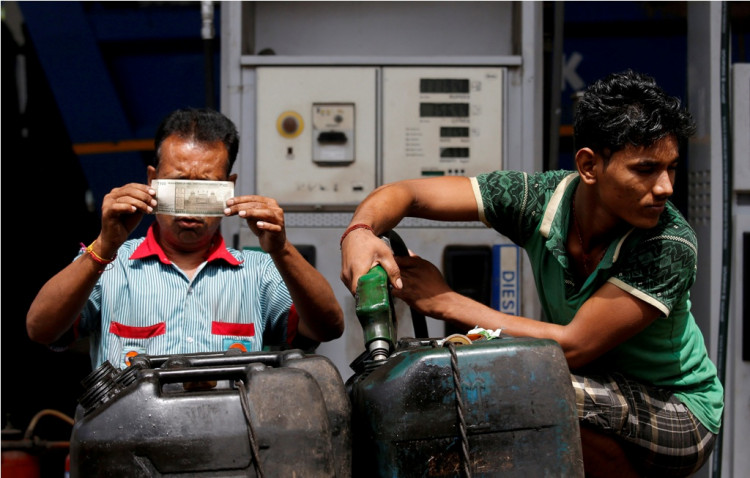Chinese diesel export surged 43 percent in April compared to last year while the shipments of kerosene rallied amid a build-up of domestic supply. On Thursday, prices of oil declined 6 percent, following a series of losses in the previous sessions, because of the uncertainty of the market as the prolonged trade friction between China and the United States continues.
The decline of the global price of oil is also contributing to the signs that the tensions in the Middle East are moderating. Brent crude futures are down 4.7 percent to $67.64 per barrel around 2:20 p.m. ET, hitting a nearly two-month low earlier in the session and on pace for its worst week since December.
U.S. West Texas Intermediate crude futures closed tumbled 5.7 percent at $57.91 per barrel. The WTI is about to post its worst weekly performance in five months.
John Kilduff, the founding partner at energy hedge fund Again Capita, said that the $60 level is a critical support point. He also said that after $60, really it's right down around $58 or so and, theoretically, if this thing becomes a washout, $52 is the downside objective.
According to the Economic forecasting firm Oxford Economics, one particular surprise is that China was weak in March, with diesel demand acting as a significant drag. The firm added that they are currently forecasting 4% oil demand growth for this year, but this assumes a substantial acceleration in the remainder of 2019.
The data from the General Administration of Customs showed that China's diesel exports increased from 1.82 million tonnes to 2.6 million tonnes in the same month in 2018. The data also said that the gasoline exports in April dropped 3.1 percent to 1.17 million tonnes compared to 1.21 million tonnes in April of 2018 and 1.69 million tonnes of the previous month.
It was also reported that the overseas sales of jet fuel in April increased by 31 percent from a year earlier, at 1.54 million tonnes. Last week China increased its fuel export quotas for 2019 by 30 percent.
China's refinery output continued to increase faster than the fuel demand causing a fuel supply surplus. The surplus also increased as new plants in China started its operations. Hengli Petrochemical Co Ltd 600346. HK's plant was able to process 400,000 barrels per day of crude, and it is expected to operate fully later this month. Zhejiang Petrochemical, controlled by Rongsheng Petrochemical Co Ltd, also said that it would trial test its 400,000-bpd refinery in east China.






